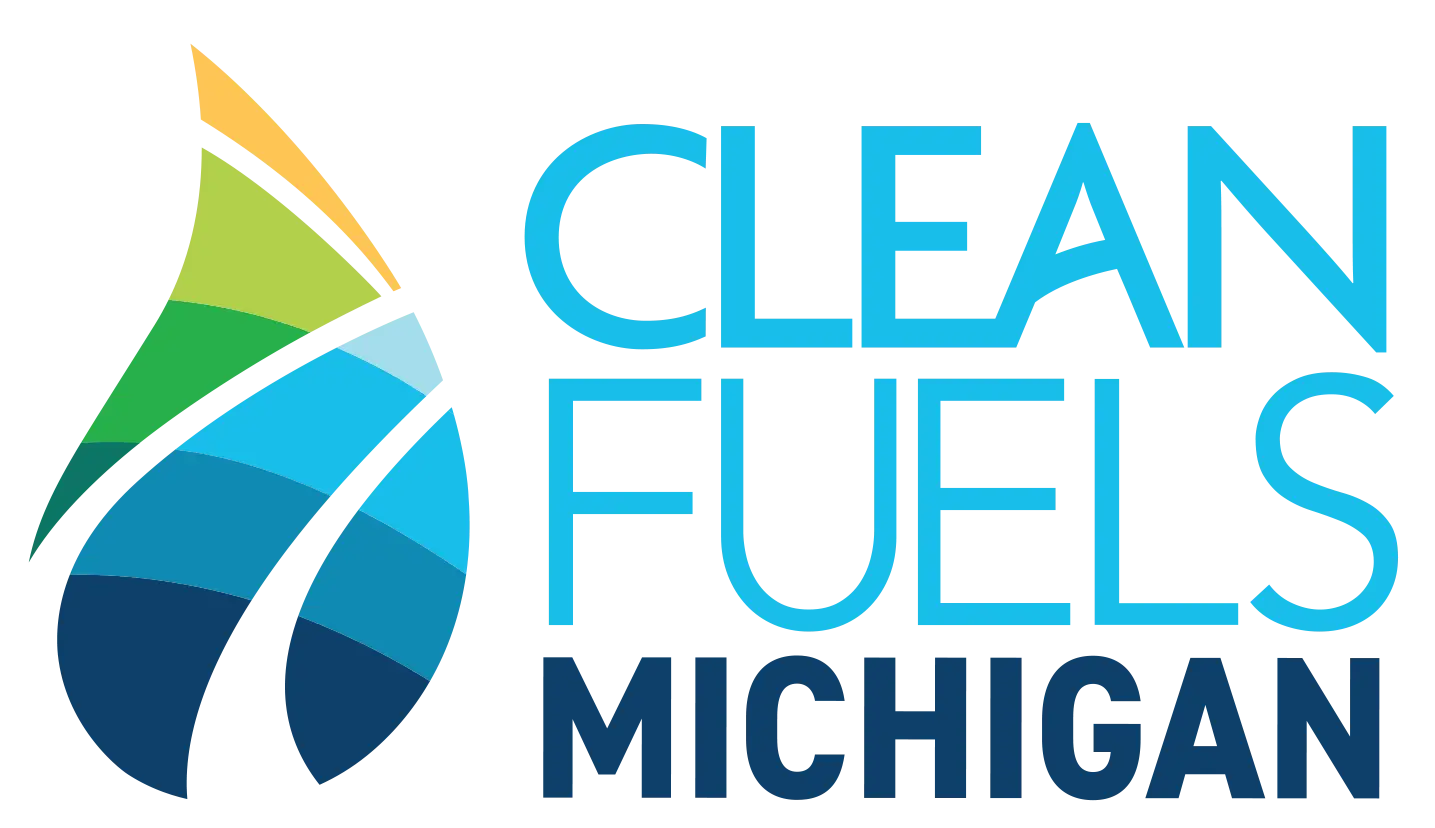Legislation intends to eliminate obstructions for the sale, research and development of technologies.
On the heels of a recent Clean Fuels Michigan report, two Michigan state representatives introduced bills to help grease the wheels for clean mobility infrastructure.
Reps. Bronna Kahle, R-Adrian, and Michael Webber, R-Rochester Hills, introduced legislation to help remove barriers for the sale, research and development of electric vehicles and other clean mobility technologies.
Kahle’s House Bill 6328 would create incentives for businesses that make investments into the research and development of electric vehicles and advanced mobility. This bill would help small and midsized companies invest in R&D for advanced mobility in Michigan.
Specifically, the bill calls for amendments to the Michigan Strategic Fund Act allowing advanced propulsion and mobility technologies to qualify for the fund.
“It’s important to note this is not a new cost to the state by any means,” Kahle said. “It’s an expansion of who can apply for grants from the Michigan Strategic Fund.”
Kahle said she was inspired by Venchurs Vehicle Systems, an auto manufacturer headquartered in her district of Adrian.
“They are doing some wonderful things providing compressed natural gas conversion for fleet vehicles,” she said.
Venchurs also is a qualified vehicle modifier for Ford Motor Company and offers CNG conversion for the full Ford lineup, according to the company’s website.
Webber’s House Bill 6083 would make electric and alternative fuel vehicles exempt from a portion of the sales tax, which would be calculated based on the vehicle’s weight.
“We definitely want to get those vehicles out on the road,” Webber said. “That’s a little bit of what my legislation is trying to do — get folks to look at these clean vehicles. They want to be fuel efficient, but then they look at the price tag.”
If Webber’s bill passes, vehicles up to 6,000 pounds would receive a $1,000 exemption, up to 16,000 pounds would receive a $2,500 exemption, up to 26,000 pounds would receive a $5,000 exemption and vehicles over 26,000 pounds would receive a $7,500 tax exemption.
Tax exemptions apply for both the sale of a new alternative energy vehicle and the sale of a motor vehicle that has been converted to an alternative energy vehicle. The exclusion also applies to a new alternative energy vehicle purchased for lease if the term of the lease is at least two years.
Clean Fuels Michigan, a group of local companies focused on clean fuel alternatives, released a report claiming the state’s clean mobility sector contributes $18.8 billion to the Michigan economy each year and generates over $700 million in state and local taxes, according to previous Business Journal coverage.
The report also said Michigan’s clean mobility supply chain contributes over 69,000 direct and indirect jobs to the state economy.
Clean Fuels Michigan defines clean-fuel vehicles as ones powered by biofuels, propane, natural gas, electricity and hydrogen fuel cells. Hybrid vehicles also are included.
“Clean transportation technologies will play an increasingly important role in Michigan’s auto industry, which is why it is important to have policies in place that position Michigan to lead in this rapidly changing industry,” said Mike Alaimo, executive director of Clean Fuels Michigan.
While Alaimo applauded the recent push for legislative change, he added there still is “massive” potential for growth and further investment in the clean mobility industry. With over 3,160 clean technology transportation patents and 375 R&D centers, Michigan is beating California in terms of innovation, but the potential remains largely untapped.
“As robust as the industry is emerging in Michigan, it’s growing rapidly elsewhere,” Alaimo said. “Indiana and Ohio are aggressively supporting the growth of these vehicles. We’re No. 1 in terms of energy patents, but we’re near the bottom in terms of implementations … that’s going to be our main focus going into fall and winter.”
As part of its effort to raise awareness, Clean Fuels Michigan is coming to Grand Rapids on Oct. 15 to host a Clean Mobility Expo at The Rapid CNG Fueling Station. The event will feature various clean-fuel vehicles on display and panel discussions with industry experts.
Kahle and Webber said they were inspired partly by the Clean Fuels report to get on board and introduce legislation to spur alternative vehicle development.
“The top priority for me is promoting policies that strengthen our economy,” Kahle said. “This report played a role for me in terms of growth in industry, growth in jobs. It confirms what I already saw in my visit with Venchurs.”
Both bills still have yet to be voted into law. House Bill 6328 was referred to the Committee on Transportation and Infrastructure, and House Bill 6083 was referred to the Tax Policy Committee. Neither bill has been voted out of its respective committee at press time.

